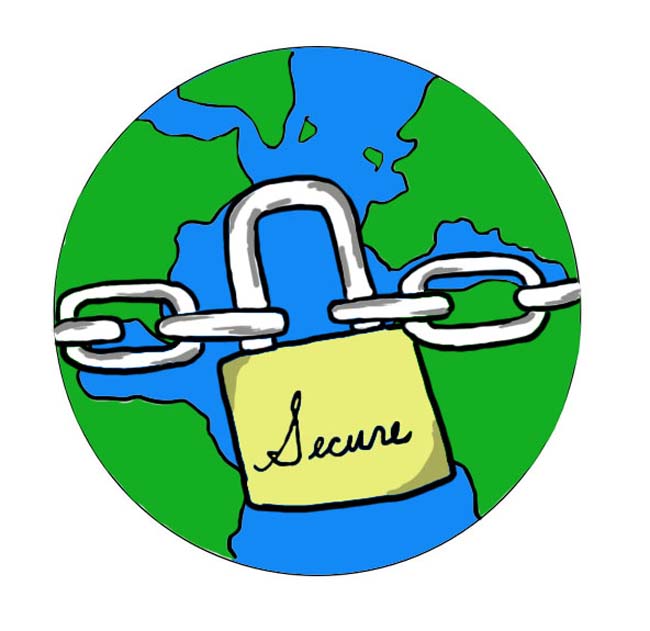In response to student and faculty interest, the College of William and Mary has decided to add an international security minor to its curriculum. While the minor remains a long way from completion, it will likely encompass foreign language, econometrics and Geographic Information Systems. With an increased demand for people with this kind of specialized knowledge, it is fitting that the College accommodate this shift in the global marketplace. As the College works to craft and introduce its new minor, it must keep in mind the ever-changing knowledge base required for employment in the field of international security. Additionally, the College should look to create new majors and minors to meet new demands, as well as adapt current ones for the same reasons.
Out of all the minors the College could have chosen, international security is one of the best because a great deal of U.S. foreign policy involves counter-terrorism. If Edward Snowden’s mass leak of National Security Agency documents tells us anything, it’s the sheer number of resources the United States now devotes to domestic and international surveillance of both suspected terrorists and law-abiding citizens. For the College’s international security minor to be relevant to students, it must not only be up to date on global events and issues, but it must also be on the cutting edge; it must teach students for both the present and the future. Those putting together the international security minor ought to consult the vast College alumni network working in this field — people like FBI Director James Comey ’82 and Special Agent in Charge of the FBI’s Richmond Office Jeffrey Mazanec J.D ’88. The College should ask them, for instance, what they wish they had been taught at the College and what to emphasize.
Once the College makes the international security minor available, it needs to promote the minor. The minor would not only benefit international relations and government majors, but also those studying languages, computer science, biology, chemistry or psychology. Other departments should encourage their students to consider international security as a complement to their majors. It could make for a more enriched educational experience and even increase one’s value on the job market.
Academic departments should be receptive to student-faculty interest and changing world demand. Certain major and minor programs cannot remain completely the same if students are to be prepared for the future. Similarly, the College should create new programs dealing with pressing or soon-to-be pressing issues. Granted, it is never easy to determine what students will need to know and what problems they will face, but part of education is teaching students how to face problems that do not exist yet. This will require faculty and administrators to adapt constantly, with student assistance.
The College’s decision to create an international security minor shows its receptiveness to student and faculty input. Hopefully, the same effort put into the decision to introduce this minor will be used in its development and promotion.

































